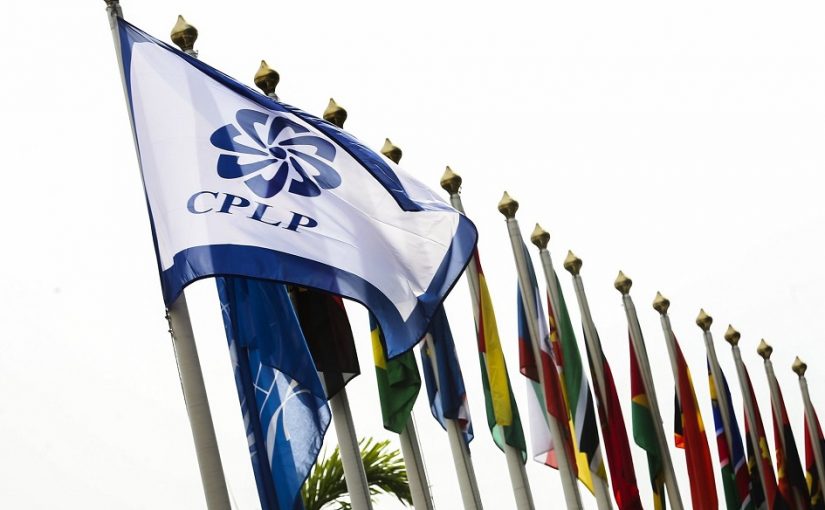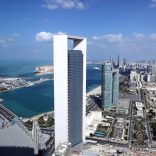Mozambique invests €2.5 million in electrification of administrative post
CPLP: Community will produce 15-20% of world’s oil, gas by 2035 – ex-foreign minister

File photo: Lusa
Former Portuguese minister of foreign affairs António Martins da Cruz said on Friday that by 2035,the member countries of the Community of Portuguese Language Countries (CPLP) will account for between 15% and 20% of the oil and gas produced in the world.
Martins da Cruz, who addressed the positive and negative aspects of the CPLP at a conference in Lisbon, stressed that the importance of the Portuguese-speaking organisation is not limited to the summits you see on television, and highlighted political and diplomatic cooperation.
“Our co-operation with the CPLP is not just co-operation in the strict sense, because there are various sectors of the government, of justice, that meet periodically to assess the situation and to try formulas for co-operation. The CPLP is not just about the summits we see on television,” he added.
The diplomat, who was speaking on the last panel of the international conference “Portugal in Europe’s relationship with Latin America and Africa”, also considered that the CPLP “has a daily activity and an important activity that are not limited”.
Among the positive factors he mentioned, he emphasised the fact that the CPLP currently represents 270 million inhabitants, or 3.7% of the world’s population.
“And more than 3% of the world’s GDP and today the CPLP countries produce 6% of the oil produced in the world and a little over 1% of the gas. And the projections are that when, for example, the gas in northern Mozambique begins to be explored, the oil that exists offshore in São Tomé and the prospects that are opening up in Brazil and Angola, by 2035, the CPLP will represent between 15% and 20% of the oil and gas produced in the world,” he said.
This, he argued, is a “very important economic perspective that is not always talked about,” the former head of diplomacy emphasised.
If the CPLP is so important in the energy sector, Martins da Cruz outlined a negative scenario for Portuguese foreign trade.
“The CPLP countries, including Brazil, if we remove the energy aspect that it represents, have been declining in importance in Portuguese foreign trade, both in terms of goods and services. Our exports to the CPLP don’t reach 4% of the total. And that’s the limit of the CPLP. It should be more. We have a foreign trade orientated mainly towards the European Union,” he said, noting that the EU represents more than 70% of Portugal’s foreign trade.
“And this is obviously an economic limit that we can’t escape and it harms the CPLP. Angola was once our fifth export market. Today it’s not even in the top 10, for reasons that have to do with the world economic situation, which has to do with the wars we’re going through,” he explained.
Recalling what Ambassador Ribeiro Telles had said earlier, about Portugal not being a priority for Brazilian foreign policy, Martins da Cruz considered that even the CPLP is not a priority for Brazil.
“The great limit of the CPLP is regional loyalties. These are countries that are part of regions. They are part of regional policies and these regional loyalties can, in some cases, dilute the common denominator that the CPLP represents,” he emphasised.
Martins da Cruz was speaking on a panel moderated by Luísa Meireles, information director of the Lusa news agency, which also included Luís Amado, former defence minister and former minister of foreign affairs, Paulo Portas, former deputy prime minister and former minister of foreign affairs, and Francisco Ribeiro Telles, former Portuguese ambassador to Cabo Verde, Angola and Italy and former executive secretary of the Community of Portuguese Language Countries (CPLP, from 2019 to 2021), currently secretary general of the Portuguese ministry of foreign affairs.












Leave a Reply
Be the First to Comment!
You must be logged in to post a comment.
You must be logged in to post a comment.